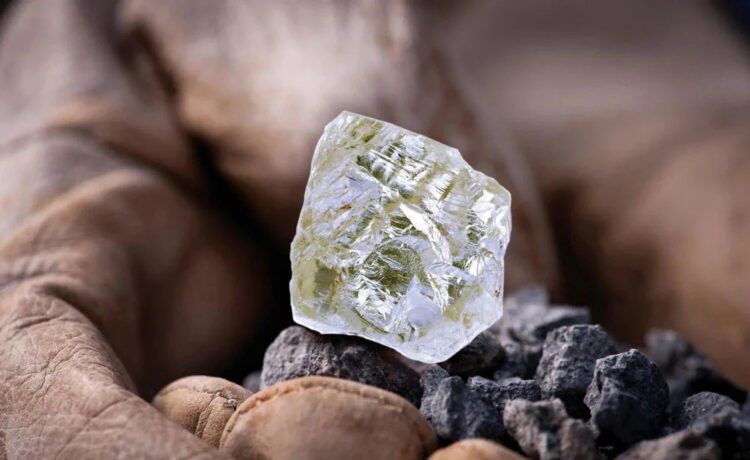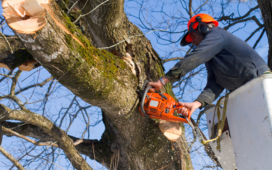The diamond industry is one that has been plagued with ethical issues for many years. From human rights abuses to environmental damage, the sourcing of diamonds has been a topic of concern for consumers and activists alike. However, in recent years, there has been a growing movement towards ethical sourcing in the diamond industry. This blog post will explore the concept of ethical sourcing, its importance in the diamond industry, the challenges faced in ensuring ethical sourcing, to buy diamonds los angeles and the role of responsible jewelry companies in promoting this practice.
What is ethical sourcing?
Ethical sourcing refers to the practice of ensuring that the products being sourced and the methods used to produce them are socially and environmentally responsible. In the context of the diamond industry, ethical sourcing involves ensuring that diamonds are mined and processed under fair labor practices, without causing harm to the environment or funding conflict.
The importance of ethical sourcing in the diamond industry
Ethical sourcing is of utmost importance in the diamond industry due to the significant human rights and environmental issues associated with diamond mining. Many diamond mines have been linked to forced labor, child labor, and unsafe working conditions. Additionally, diamond mining often leads to deforestation, soil erosion, and water pollution. By practicing ethical sourcing, the diamond industry can mitigate these negative impacts and contribute to a more sustainable and responsible industry.
Challenges in ensuring ethical sourcing
Legislation and regulations
A major challenge in ensuring ethical sourcing in the diamond industry is the lack of comprehensive legislation and regulations. While some countries have implemented laws to prohibit the trade of conflict diamonds, there is still a need for stronger regulations to address other ethical issues such as labor practices and environmental impact.
Industry initiatives and certifications
Another challenge is the lack of industry-wide initiatives and certifications that can guarantee ethical sourcing. While there are organizations like the Responsible Jewellery Council (RJC) and the Kimberley Process Certification Scheme (KPCS) that aim to promote ethical practices, there is a need for more widespread adoption and enforcement of these initiatives.
Transparency and traceability
Transparency and traceability are crucial for ensuring ethical sourcing in the diamond industry. However, the complex nature of the global supply chain makes it difficult to track the origin of diamonds and verify their ethical credentials. Improving transparency and traceability mechanisms is a key challenge that needs to be addressed.
Human rights and labor practices
Ensuring fair labor practices and protecting human rights in the diamond industry is another challenge. It requires implementing mechanisms to prevent forced and child labor, as well as providing safe working conditions and fair wages for diamond miners and workers.
Environmental impact
The environmental impact of diamond mining is a significant concern. Mining operations can cause deforestation, soil erosion, and water pollution. Ethical sourcing in the diamond industry involves implementing practices to minimize these environmental impacts, such as reforestation, responsible water usage, and land rehabilitation.
Conflict-free diamonds
Conflict diamonds, also known as “blood diamonds,” are diamonds that are mined in war zones and sold to finance armed conflict against governments. Ethical sourcing aims to prevent the trade of conflict diamonds and ensure that diamonds are sourced from regions free of conflict. This helps to promote peace and stability in these regions.
Consumer demand for ethically sourced diamonds
There is a growing demand from consumers for ethically sourced diamonds. People are becoming more conscious of the social and environmental impact of their purchasing decisions and are seeking transparency and ethical practices from the companies they buy from. This consumer demand is driving the need for ethical sourcing in the diamond industry.
The role of responsible jewelry companies
Implementing ethical sourcing practices
Responsible jewelry companies have a crucial role to play in promoting ethical sourcing in the diamond industry. They can implement robust ethical sourcing practices throughout their supply chains, ensuring that their diamonds are sourced responsibly and in compliance with labor and environmental standards.
Supporting sustainable mining communities
Responsible jewelry companies can also support sustainable mining communities by investing in community development projects, providing education and healthcare facilities, and creating economic opportunities for local residents. This helps to improve the living conditions and well-being of diamond mining communities.
Promoting transparency in the supply chain
Jewelry companies can promote transparency in the supply chain by providing detailed information about the origin and journey of their diamonds. This allows consumers to make informed decisions and ensures accountability at every stage of the diamond supply chain.
Advocating for fair labor practices
Responsible jewelry companies can advocate for fair labor practices in the diamond industry by supporting and participating in initiatives that promote worker rights and welfare. They can also collaborate with industry organizations and governments to develop and enforce regulations that protect the rights of diamond miners and workers.
Engaging in responsible diamond sourcing
Engaging in responsible diamond sourcing means actively seeking out suppliers and mines that adhere to ethical standards. Responsible jewelry companies can conduct due diligence on their suppliers, ensuring that they follow international labor and environmental standards, and only source diamonds from mines that have been certified as responsible and sustainable.
Conclusion
Ethical sourcing in the diamond industry is a complex and ongoing process. It requires collaboration among industry stakeholders, governments, and consumers to ensure that diamonds are sourced responsibly, without causing harm to the environment or violating human rights. Responsible jewelry companies have a crucial role to play in driving this change and meeting the growing consumer demand for ethically sourced diamonds.







